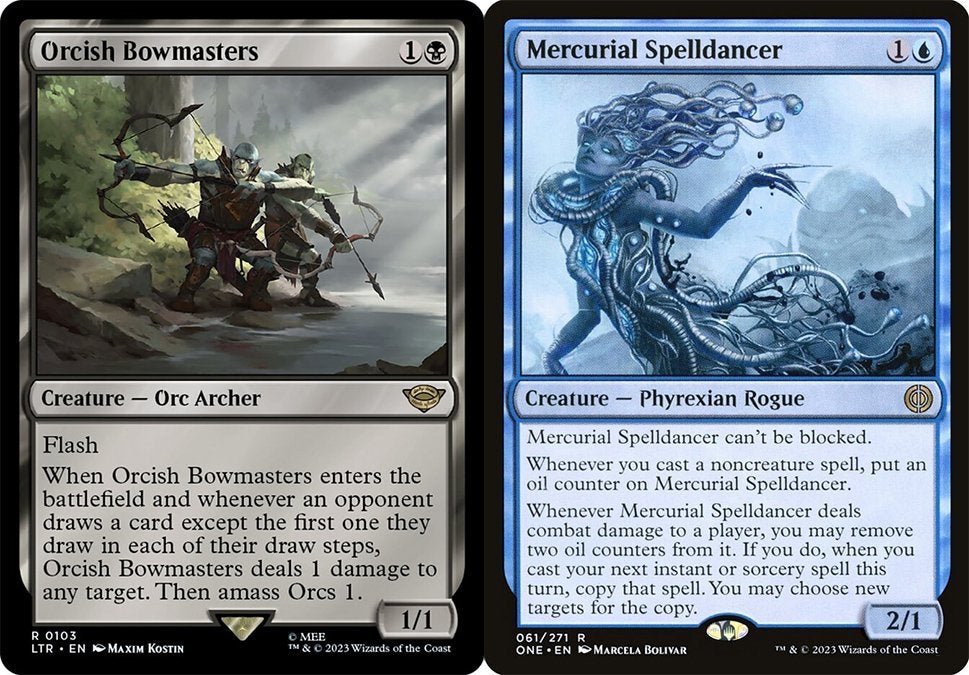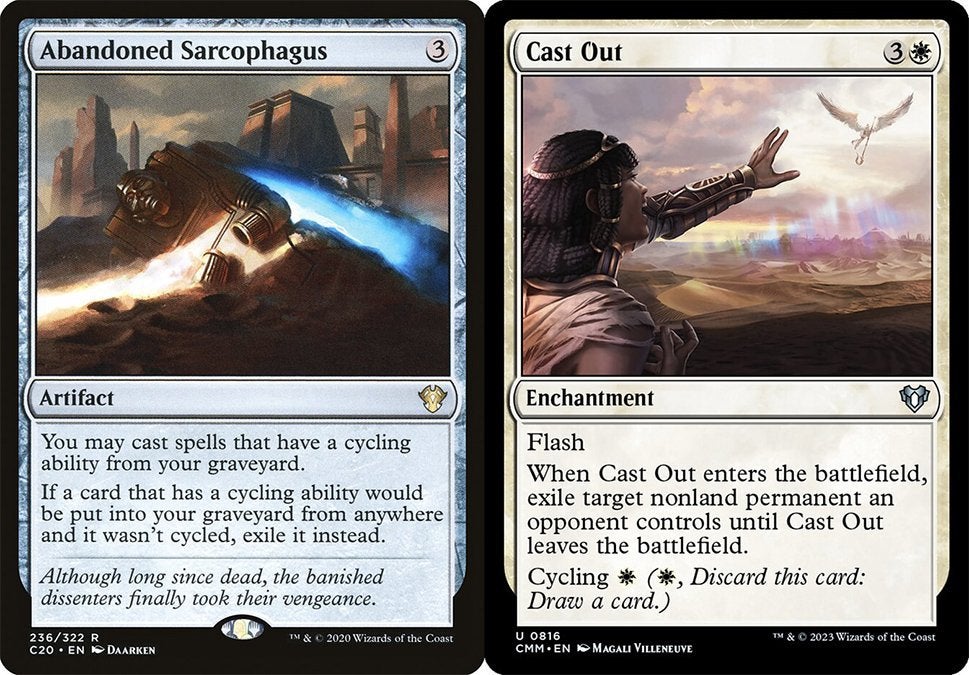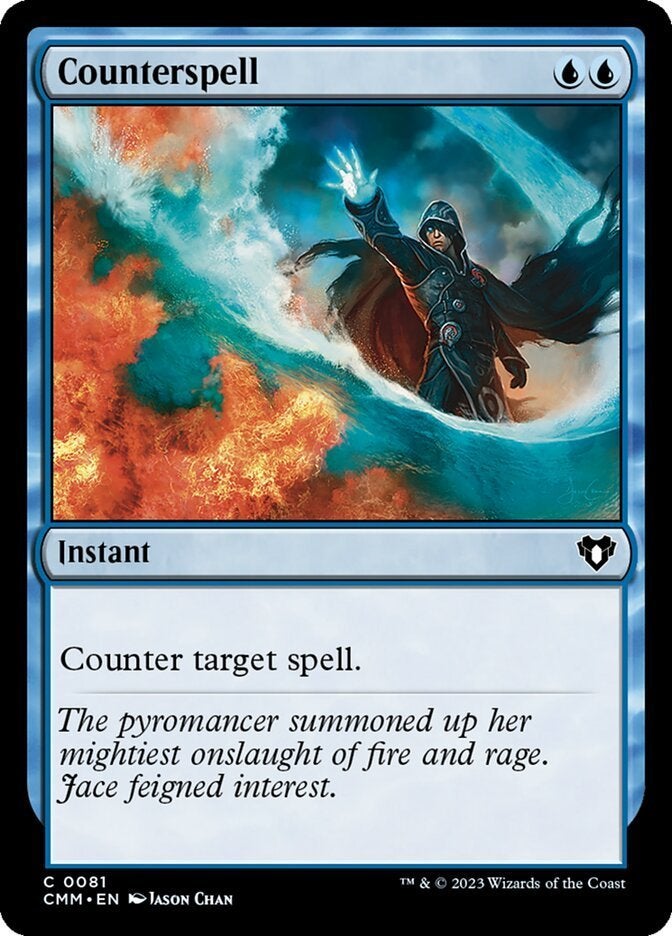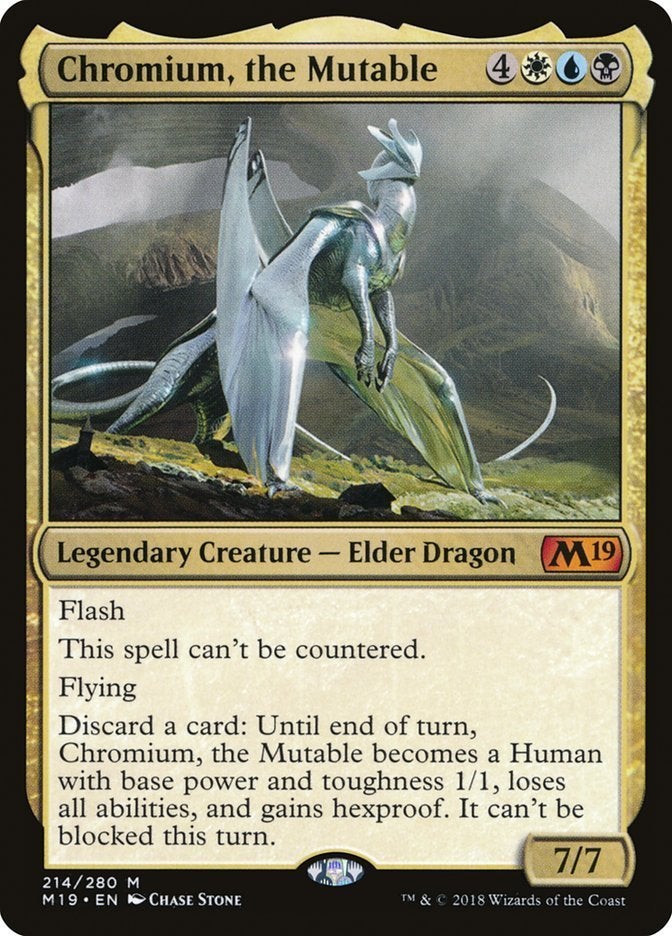![]() Key Takeaway
Key Takeaway
Flash in Magic: The Gathering is a static keyword that lets you cast any card that has the text “Flash” as if it’s an instant. To use this ability effectively, you must pick the right time to cast your Flash card. If you want to counter a card with Flash on it, you’ll need your own Flash card or an instant.
If you want to cast a card at pretty much any given moment, then use Flash in Magic: The Gathering! This is a great way to sneak some casting into almost any phase and take your opponent unawares.
Table Of Contents
What Is Flash?
Flash in Magic: The Gathering is a static keyword that lets you cast any card that has the text “Flash” as if it’s an instant. In most cases, you can cast instants during any step of any phase. As such, you’re allowed to do the same for cards that have Flash. The only true exception is when there’s an effect in play that prevents casting.
Similar to casting instants, when you cast a card with Flash, you can do so in reaction to most actions your opponent is taking. Examples of this are when your opponent casts a spell, attacks with a creature, and even when they draw a card.
It’s also important to note that Flash can be used from any zone—including the graveyard and the exile zone. However, this is only possible if that card with Flash has text on it that lets it be cast from a given zone (or if another of your cards gives it this ability).
An Example of How Flash Works
Let’s say that your opponent casts a dangerous creature with 1 toughness—like Mercurial Spelldancer—while you have Orcish Bowmasters in your hand. You can take out this threat immediately with the proper timing.

When Orcish Bowmasters enters the battlefield, they deal 1 damage to any target. Since Mercurial Spelldancer only has 1 toughness, Orcish Bowmasters’s effect destroys it—if no other cards get involved.
Your opponent could potentially cast an instant to give Mercurial Spelldancer more toughness. This would cause your orcish ambush to be ineffective at destroying it. However, if they don’t have any mana after casting Mercurial Spelldancer (and have no tap-only abilities available), there’s not much your opponent can do besides weep over the loss of their Phyrexian Rogue.
In this scenario, the best time to take advantage of Orcish Bowmasters’s Flash ability is as soon as Mercurial Spelldancer enters the battlefield. You don’t want to give your opponent the chance to protect it during the following turns with enchantments or whatever else they have up their sleeves.
How to Use Flash
In a large number of games, Flash in Magic: The Gathering can be used in many different ways. However, most of those tricks revolve around picking the right time to unleash the ideal effects. Besides that, you need to keep in mind if your Flash card can be cast from somewhere other than your hand.
How to Pick the Right Time to Use Flash
It can be tricky to decide when to cast a card with Flash. This is the same as for casting instants. You’ll need to weigh the pros and cons of casting a card. With that in mind, here’s a couple of things to ask yourself whenever you’re thinking about casting a card with Flash:
- “Will this immediately help me?”
- “Will this help me in the future?”
If the answer to both of those is “no,” then you’re better off hanging onto that card. Simply playing a card because you can isn’t a great strategy. You’re much better off saving your mana. Wait for the right time to surprise your opponent with a deft counterplay!
The only exception to this is if your hand is full and you’ll have to discard soon. With that said, if you’re in such a spot (and aren’t lacking in mana), you should probably reconsider your deck composition.
How to Know From What Zone You Can Cast a Flash Card
If you can cast a card from your graveyard, or from another zone, it’ll clearly say so on that card’s text. If such a card also has Flash as an ability, then you can cast it from whatever zone is specified.
You can also use other cards to give permanents and spells the ability to be cast from other zones. Let’s look at using the artifact Abandoned Sarcophagus and the enchantment Cast Out. For this example, we’ll say that Abandoned Sarcophagus is on the battlefield and Cast Out is in the graveyard.

Since Abandoned Sarcophagus lets you cast cards that have Cycling from your graveyard—and Cast Out has this ability—you’re allowed to cast Cast Out from your graveyard. In addition, Cast Out also has Flash. Due to the latter, you can cast Cast Out from your graveyard as it is an instant.
How to Counter Flash
For the most part, you won’t be able to counter Flash in Magic: The Gathering unless you have a Flash card of your own or an instant. This is due to Flash giving our opponent the ability to cast a card at almost any given time. To deal with such threats, you’ll need equally versatile cards.
However, there are lots of great instant counter cards out there. As an example, you can use the famous (or infamous—depending on your perspective) instant Counterspell.

To counter a card, you need to play your counter spell as soon as your opponent casts a threat. Instants like Counterspell cause a card it counters to be sent to the graveyard without activating any of its effects. The same is true if you use the counter ability to negate a card that has Flash (or an instant).
The only time this won’t work is if a card has the text “This spell can’t be countered,” or some variant—such as Chromium, the Mutable.

However, cards with Hexproof can be countered, as Hexproof only becomes active after casting that permanent resolves and it fully enters the battlefield. Before a Hexproof permanent completely enters the battlefield, it’s not a permanent; it’s a permanent spell. During the process of being cast, a card is always a spell (either a permanent spell or a non-permanent spell).
Use Flash to stop your opponent from setting up their best strategies. Depending on your goals, there are a lot of ways to throw a wrench into your adversary’s gears. Pick the ideal time to spring your ambush. If done well, you’ll gain a crucial advantage. You’ll get bonus points if you do so to stop threats from entering the battlefield—such as those with abilities like Ward and Menace.


